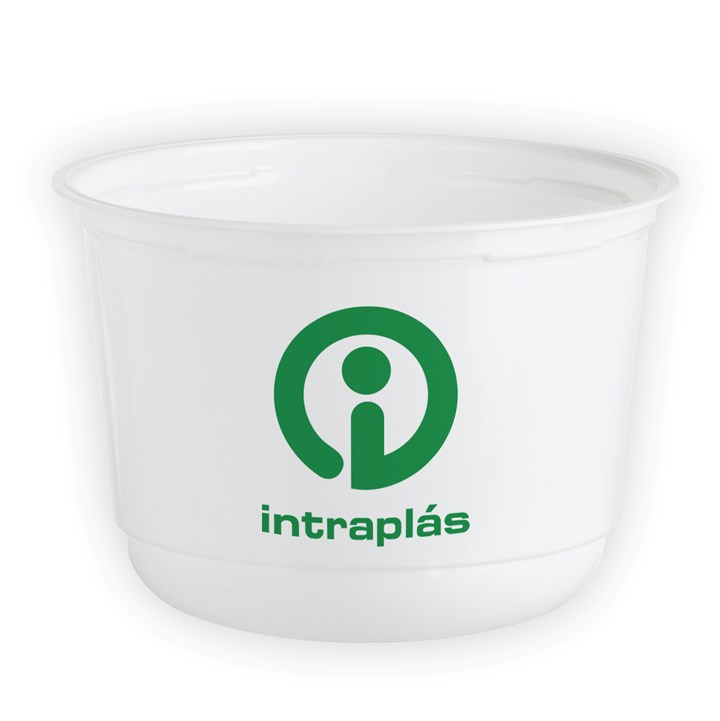Using Blockchain to Track and Verify Recycling
Supply chain partners assess software for tracking materials.
A collaborative pilot project between Finboot, Plastic Energy, SABIC, and Intraplas will investigate the usefulness of blockchain technology in plastics processing and recycling. Blockchain uses encryption to link records, creating a shared but secure database that is tamper evident. Altering any record in the ledger requires altering all subsequent records and all records are time-stamped, so any retroactive edits would be laborious and leave evidence behind.
The partners hope the blockchain-based software, developed by Finboot, will make the recycled plastic supply chain more transparent while reducing administrative effort and the potential for human error.
Plastic Energy is an advanced recycling company that supplies SABIC with oil it produces from plastic waste, which SABIC converts into circular polymers it supplies, in turn, to Intraplas for production of plastic packaging.

Finboot’s blockchain-based tracking software will be used to establish the supply chain for materials that become Intraplas products.
Photo: SABIC
The project will test the feasibility of using Finboot’s blockchain technology to trace the journey of feedstock through each step in the value chain. The software ensures that all data gathered remains immutable while shared across suppliers, customers, and regulators—providing transparency, auditability, and accountability in a complex industrial ecosystem.
Related Content
-
Fungi Makes Meal of Polypropylene
University of Sydney researchers identify two strains of fungi that can biodegrade hard to recycle plastics like PP.
-
Evolving Opportunities for Ambitious Plastics Recycler
St. Joseph Plastics grew from a simple grinding operation and now pursues growing markets in recycled PP, food-grade recycled materials, and customized post-industrial and post-consumer compounds.
-
Honda Now Exploring UBQ’s Biobased Material Made from Unsorted Household Waste
UBQ is aiming to expand its reach for more sustainable automotive parts as well as non-automotive applications.












